China is seeking to consolidate its position as an Asian superpower, and to use its military expansion to drive other nations in the region away from the United States, according to John Sitilides, geopolitical strategist at Trilogy Advisors.
“It’s been about a 900 percent increase over the last 25 years,“ Sitilides said of China’s military build-up. ”Modern mankind has never seen the kind of military expansion that we’ve seen in the People’s Republic of China under the Communist Party since the early 1990s.”
Taiwan’s future
When it comes to the future of Taiwan, Sitilides said he believes that “China is looking to send a signal to Taiwan specifically, that its unification with the People’s Republic of China is a fait accompli.”In his opinion, Beijing would prefer a unification with Taiwan that does not involve “a kinetic conflict,” as the communist regime is aware that that would bear catastrophic consequences for “Taiwan’s society, Taiwan’s industry, and Taiwan’s economy, but also for China’s society, China’s economy, and China’s place in the world.”
He said that “this is a matter for the people of Taiwan to decide in terms of their own political process, [as] you have one party that is more status quo-oriented, and one that is perhaps seeking some type of modus vivendi with the Communist Party of China.
House Select Committee on the CCP
Sitilides said he believes that the newly established House Select Committee on the Chinese Communist Party will open up a number of discussions on critical issues in relation to the U.S.-China relationship, including trade, agriculture, technology, national security, telecommunications, and privacy.He expects the committee to settle the question: What kind of economy will the American people—and, for that matter, people in advanced industrial economies around the world—enjoy in the decades ahead?
Will it be one based on freedom, innovation, openness, dynamism, and a more democratic and consensual system of governance? Or will it be one that is dominated more by a China-style, techno-authoritarian, surveillance-based repressive system?
In Sitilides opinion, the select committee could also take on the task of educating the American people, policymakers, and policy planners in Washington, D.C. to “really take this relationship with China far more seriously than we have to date, and to not be distracted by lesser issues, either on the international front, or here at home.”
He suggested that President Joe Biden should educate and inform the American people about his policies regarding the US-China relationship, and “why we need to reorient that relationship in a way that better protects the American people and our national security interests.
He urged that the United States adopt a more strategic approach towards the Chinese regime, one that “involves grand strategy, that looks ahead 5, 10, and 20 and 30 years.”
“I think the President of the United States, whoever that is—President Biden today and whoever it may be in 2025—needs to be able to think strategically and communicate those strategic thoughts to the American people, because that’s really what executive leadership comes down to,” he said.
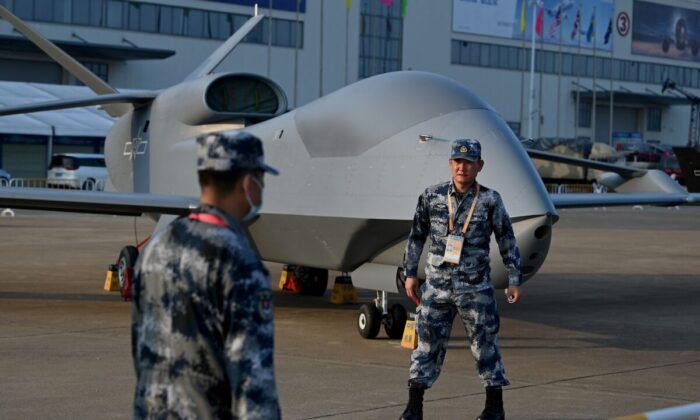

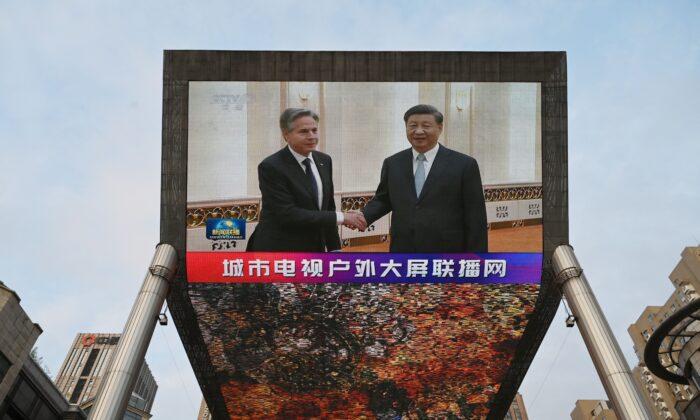
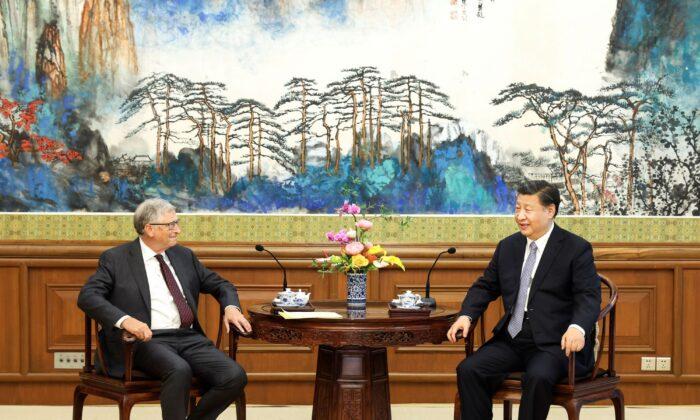
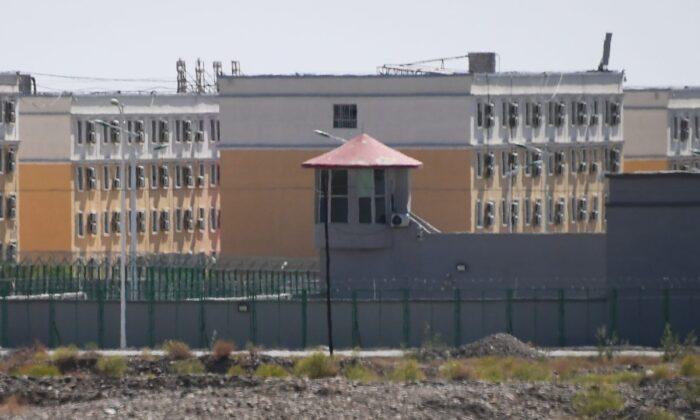
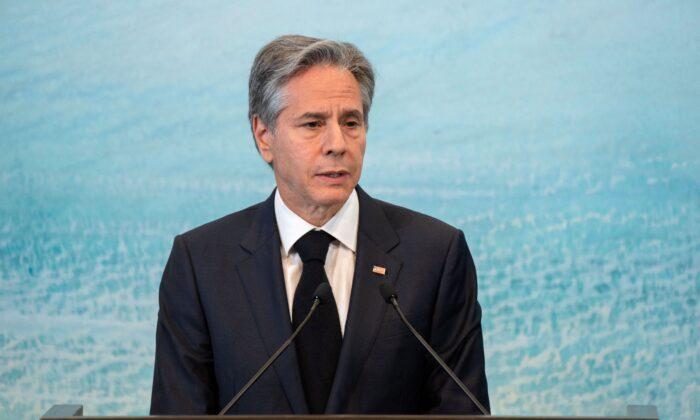
Friends Read Free